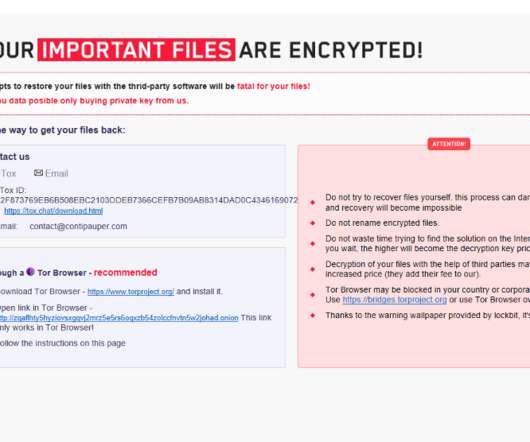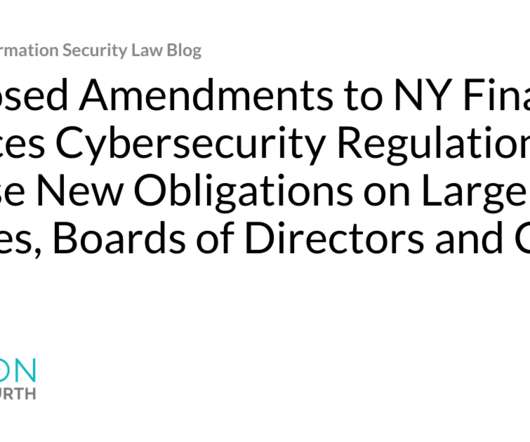Network Encryption Keeps Our Data in Motion Secure for Business Services
Thales Cloud Protection & Licensing
JULY 24, 2023
Network Encryption Keeps Our Data in Motion Secure for Business Services madhav Tue, 07/25/2023 - 04:59 The demand for high-speed networks and fast data transfers is increasing due to cloud adoption, digital transformation, and hybrid work. Why do you need network encryption in business services?













Let's personalize your content